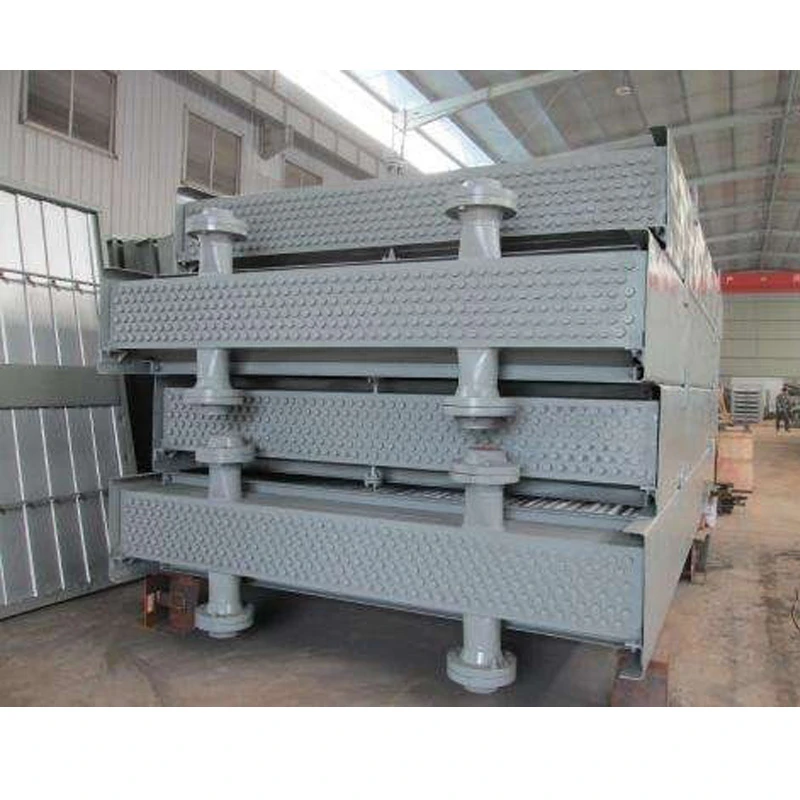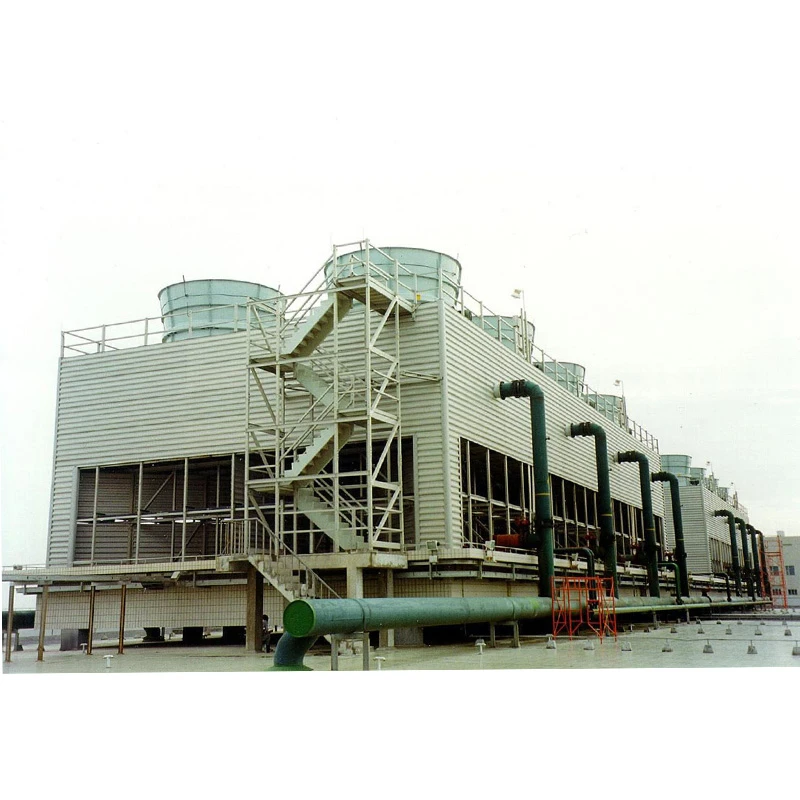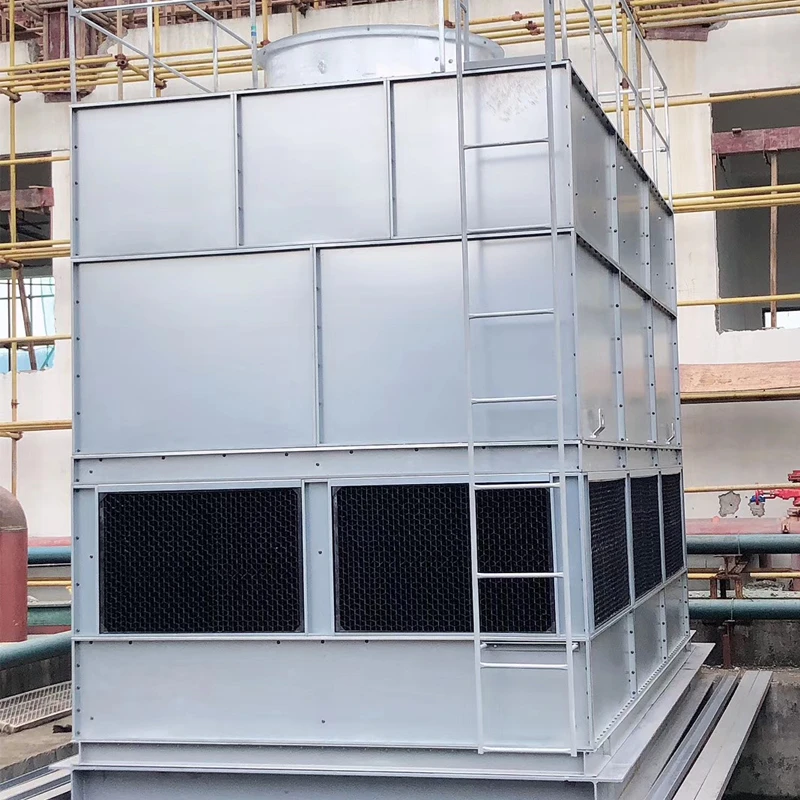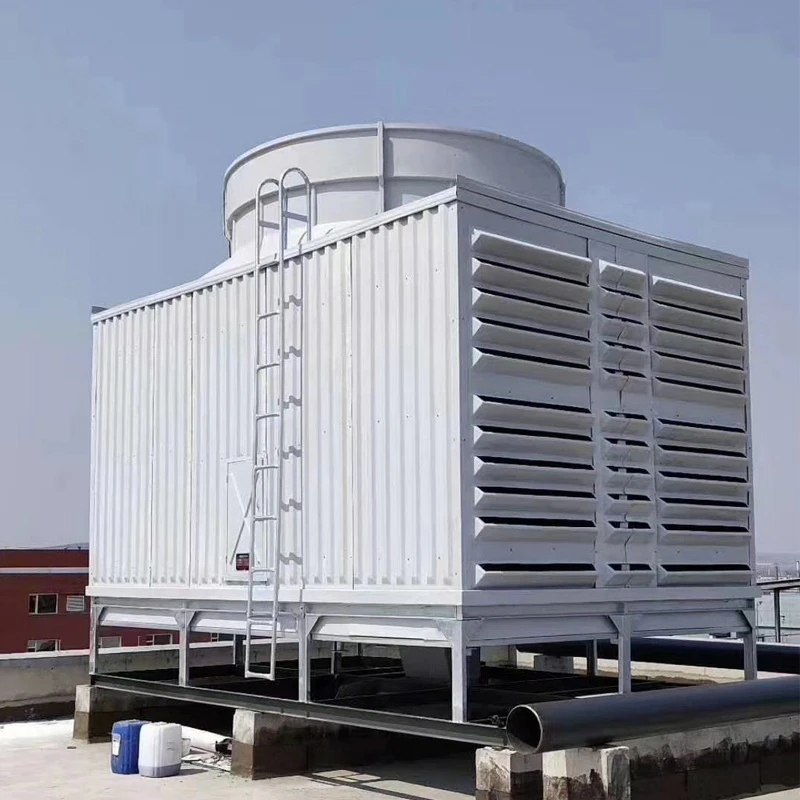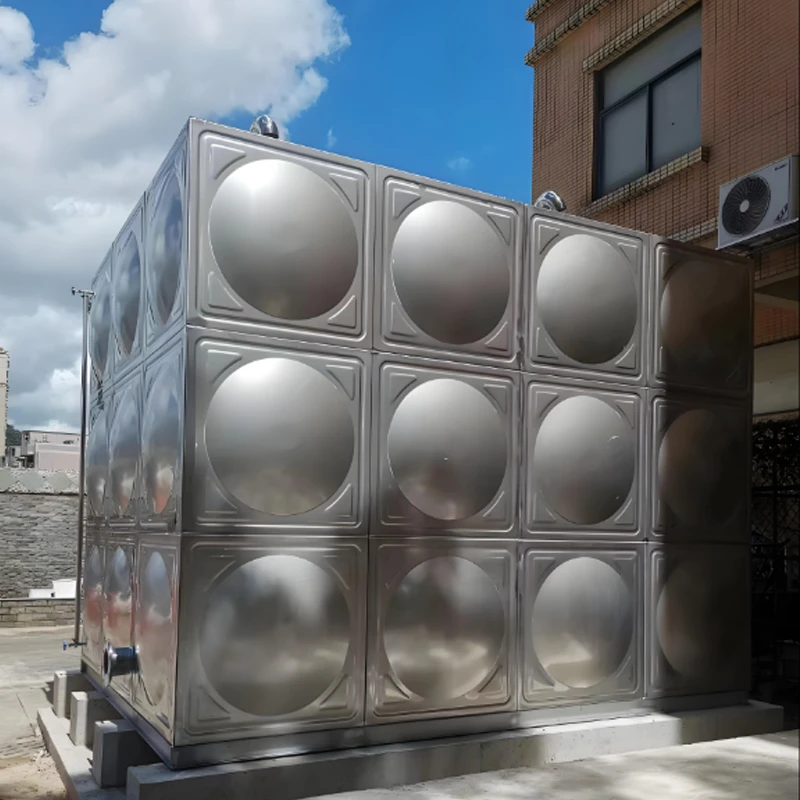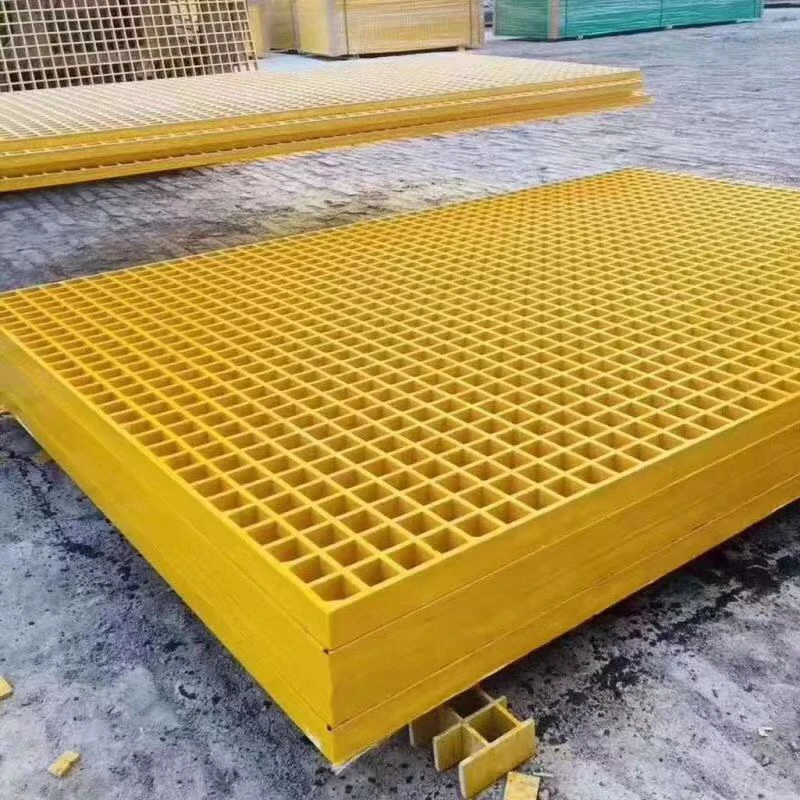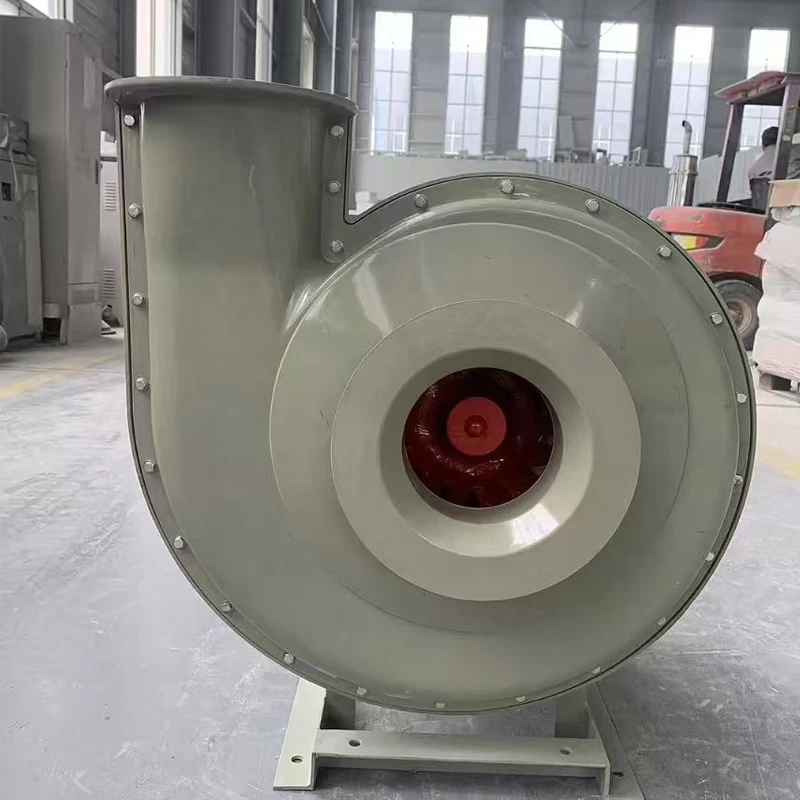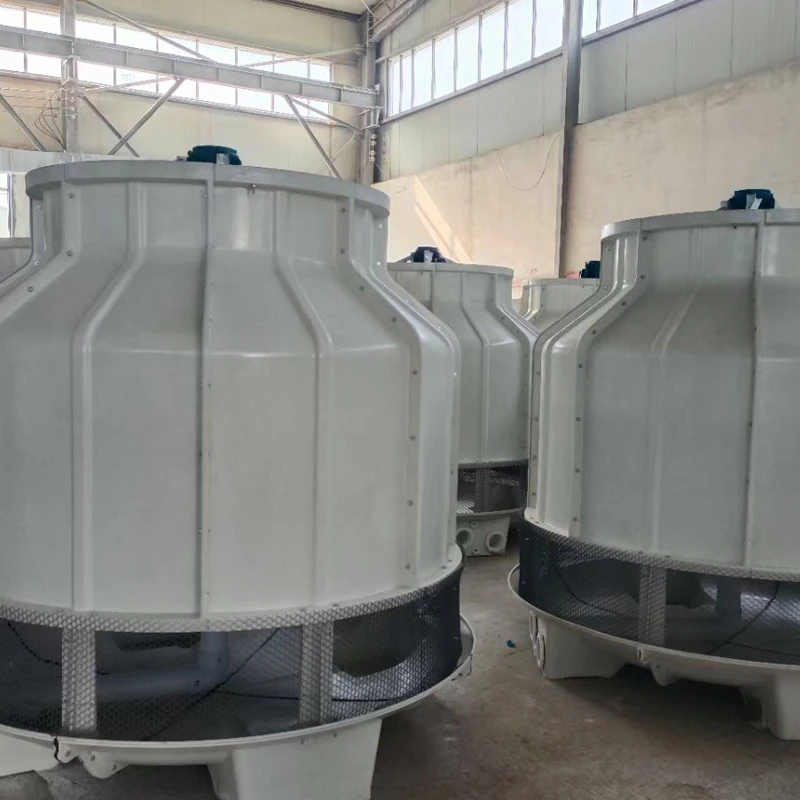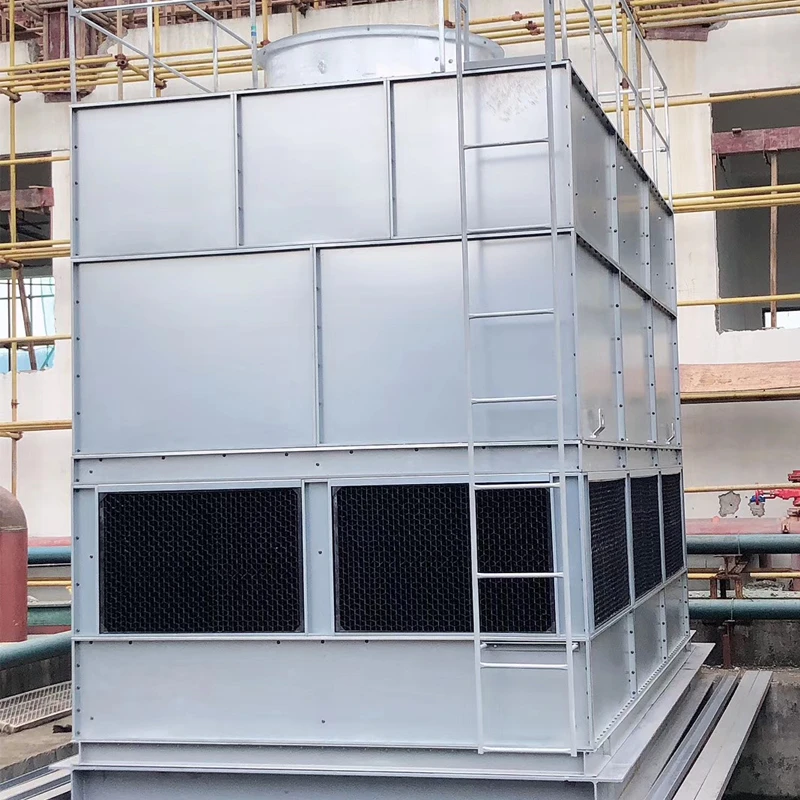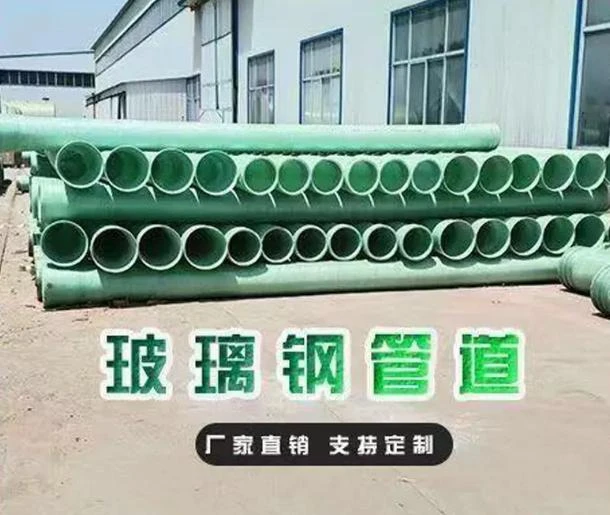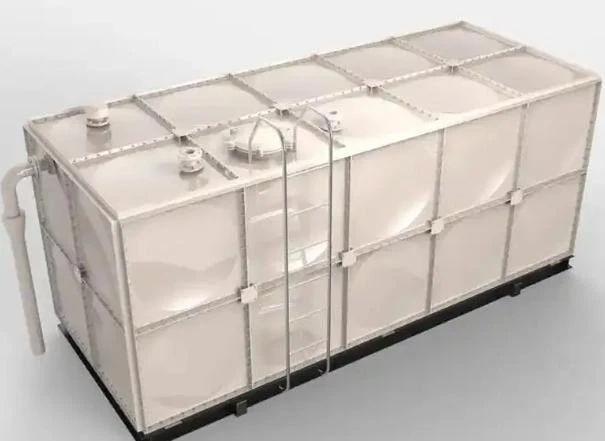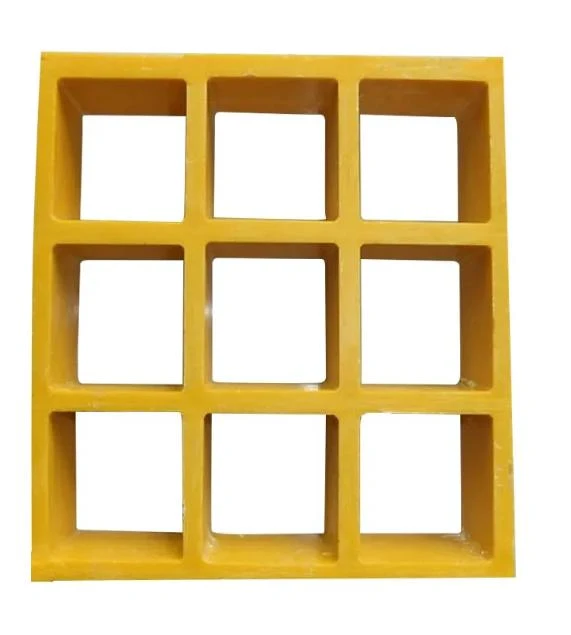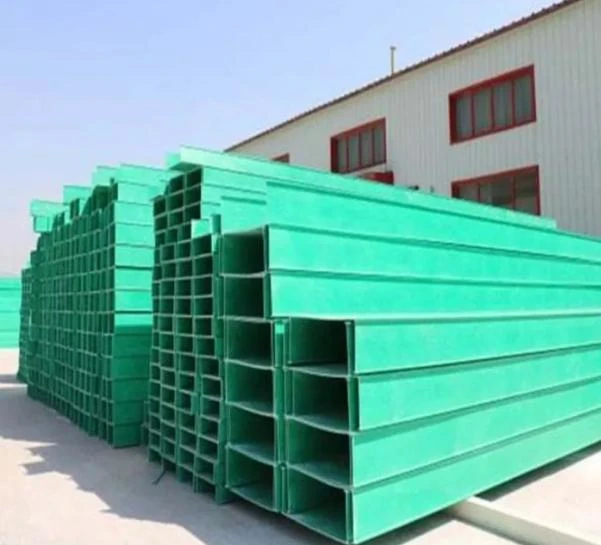

We Are Open 24 Hours a Day, 7 Days a Week, Including Weekends and Public Holidays.
In the fields of municipal infrastructure and industrial wastewater treatment, FRP Sewer Pipe is reshaping the standards of traditional pipeline systems with its unique advantages. This composite pipeline with glass fiber reinforced plastic as the core material combines the dual characteristics of high strength and corrosion resistance, becoming an ideal solution to replace traditional metal and concrete pipelines. Its application not only improves the stability of the sewage system, but also promotes the development of pipeline engineering towards lightweight and longevity.
The excellence of FRP Sewer Pipe lies in its unique material composition and manufacturing process
FRP square pipe is made of glass fiber as reinforcement material and unsaturated polyester resin as matrix through winding molding process. The pipe structure presents a multi-layer composite feature - the inner layer is a corrosion-resistant resin layer, which can resist the erosion of acidic and alkaline substances in sewage; The middle layer is alternately wrapped with glass fibers and resin to form a high-strength load-bearing structure; The outer layer is added with anti ultraviolet and anti-aging additives to adapt to the complex outdoor or underground environment. This structural design endows the pipeline with both the strength of metal materials and the corrosion resistance of plastic materials, while weighing only 1/4 of the same specification concrete pipe, significantly reducing transportation and installation costs.
The core standards for measuring the quality of FRP Sewer Pipe cover multiple dimensions
In terms of mechanical properties, the circumferential tensile strength of FRP square tube can reach over 100MPa and can withstand the heavy pressure of underground soil and ground loads; In terms of chemical resistance, it can withstand acidic and alkaline media with pH values ranging from 1 to 14, and is suitable for various discharge scenarios such as industrial wastewater and domestic sewage; Outstanding hydraulic performance, with inner wall smoothness more than 5 times that of concrete pipes, low water flow resistance, less prone to scaling, and able to maintain stable flow rate even after long-term use; In addition, its service life can reach over 50 years, far exceeding traditional steel pipes (15-20 years) and concrete pipes (20-30 years), significantly reducing the frequency and cost of pipeline replacement.
In practical applications, FRP Sewer Pipe has a wide range of adaptation scenarios
In municipal engineering, FRP tubes are commonly used in urban main road sewage networks and rainwater collection systems, especially in areas with soft soil foundations. Due to their lightweight, they can reduce the requirements for foundation treatment; In the industrial field, it performs well in the transportation of corrosive wastewater in chemical parks, pharmaceutical factories, and other places, avoiding the risk of leakage caused by corrosion of metal pipelines; In agricultural irrigation and water conservancy engineering, its impermeability and weather resistance ensure efficient transportation of water resources while reducing soil pollution caused by pipeline damage.
With the iteration of pipeline technology, the innovation of FRP Sewer Pipe continues to deepen
The application of new flame retardant resin makes it suitable for use in sewage systems in flammable and explosive places; The integration of intelligent monitoring modules enables real-time perception of internal pressure and corrosion conditions in pipelines, achieving early warning maintenance; In addition, the popularization of modular design and fast connection technology has shortened the construction period and made the renovation of old pipeline networks more efficient.
In summary, GFRP pipe has broken through the performance limitations of traditional pipelines through material innovation, and has formed comprehensive advantages in strength, corrosion resistance, and economy. Its widespread application not only enhances the reliability of the sewage system, but also demonstrates significant value in energy conservation, emission reduction, and reducing the full life cycle cost. In the future, with the advancement of material technology and optimization of manufacturing processes, FRP Sewer Pipe will play a core role in more complex engineering scenarios and become a key support for infrastructure upgrades.
FRP Sewer Pipe FAQs
What material is FRP sawer pipe made of?
FRP sawer pipe is a pipe made of Fiberglass Reinforced Plastic, mainly composed of glass fiber and resin. This composite material has the characteristics of high strength, corrosion resistance, and lightweight, and is suitable for engineering scenarios such as underground drainage and sewage treatment.
What are the advantages of FRP sewer pipes compared to traditional pipes?
FRP sawer pipes are lighter than traditional concrete or metal pipes, easier to install, and have strong chemical corrosion resistance and long service life. Its inner wall is smooth, the water flow resistance is low, it is not easy to scale, the maintenance cost is low, and it is suitable for long-term use.
What issues should be noted during the installation of FRP sewer pipes?
When installing FRP sawer pipes, it is necessary to ensure that the foundation is flat and avoid local stress concentration. Special adhesive or flange sealing should be used at the connection to prevent leakage. During the construction process, mechanical damage should be avoided, and soft lifting straps should be used to protect the surface of the pipe during lifting.
How much pressure and temperature can FRP sawer pipes withstand?
The design pressure of FRP sawer pipes is usually between 0.6MPa and 2.5MPa, depending on the pipe wall structure and resin type. The temperature resistance range is generally between -40 ℃ and 80 ℃, and it can withstand higher temperatures in the short term, but a heat-resistant resin formula should be selected for long-term high-temperature environments.
What are the environmental characteristics of FRP sawer pipes?
The energy consumption during the production process of FRP sawer pipe is relatively low, and the materials can be recycled and reused. Due to its corrosion resistance, it will not contaminate groundwater due to rust or chemical degradation, meeting environmental requirements and suitable for use in sewage treatment and rainwater discharge systems.





Address
20 Xingyuan South Street, Zaoqiang County, Hengshui City, Hebei Province, China









